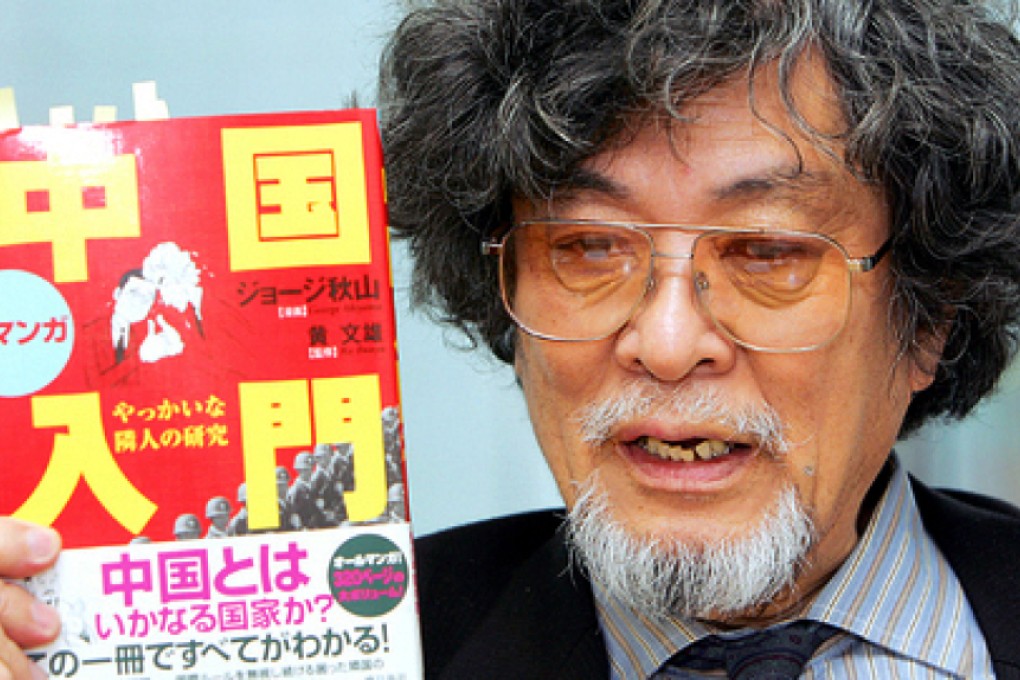China should pay its respects at Japan’s Yasukuni Shrine, says Taiwan author Ko Bunyu
Author backs Japanese revisionist view of second world war history by denying war crimes, comfort women, the Pearl Harbour attack and the Nanjing Massacre

Controversial Taiwanese author Ko Bunyu has claimed the people of his homeland regret Japan's defeat in the second world war and insists China should "pay its respects at Yasukuni Shrine".
In an essay published in the historical magazine Rekishitsu and republished by Japan's nationalistic Society for the Dissemination of Historical Fact, Ko said Japanese people should feel no sense of guilt for the 1937-1945 war with China, and he insists that "most intellectuals" in Taiwan are of the belief that "Japan's only sin was that it lost the war".
Ko is already a controversial figure and his opinions have frequently attracted criticism.
Ko believes that Japan was simply subjected to victor's justice by the Western powers that it had attempted to eject from the colonies in Asia. And China, in particular, should be grateful, instead of repeatedly stating that Japan was responsible for aggression, massacres, rape and pillage directed against the Chinese and other Asian peoples.
"The Chinese may hate Yasukuni Shrine, but actually it's the Chinese above all who must bow and pray before the precincts of the shrine in gratitude to the Japanese soldiers who died to bring them peace," Ko writes. The Yasukuni Shrine is the last resting place of more than 2.4 million of Japan's war dead, including a number of men convicted of Class-A War Crimes after Japan's surrender in 1945.
Ko's position is a direct reflection of that of the Society for the Dissemination of Historical Fact, which has long promoted the claims that, among other things, China triggered the Sino-Japanese war in August 1937, there was no massacre of civilians in Nanking four months later, the United States provoked Japan's attack on Pearl Harbour in 1941 and "comfort women" were not coerced across Asia and the Pacific to serve as prostitutes for Japan's soldiers.